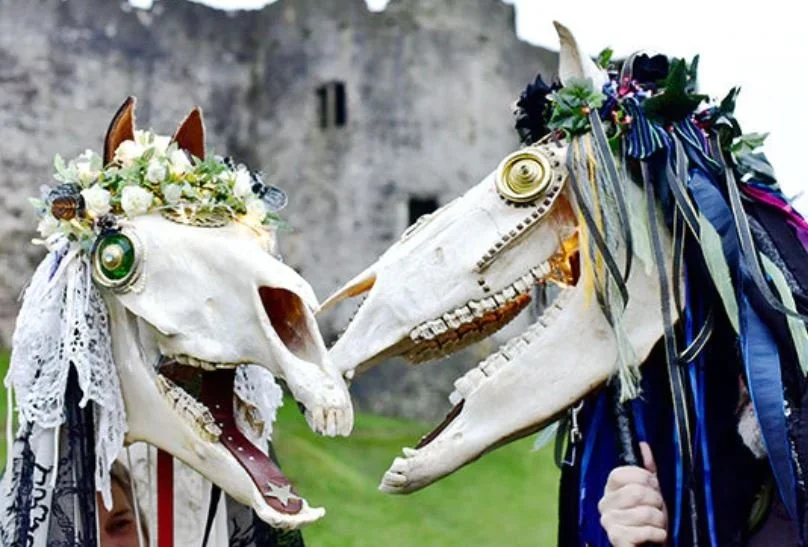Traditions
As I was driving through my hometown on my way home from visiting my mom over the New Year the public works guys were dismantling the holiday decorations on the power poles lining the main street.
“Hey, Christmas isn’t over. We still have until Friday,” I yelled out to them as I idled at the red light.
“We don’t want to take them down in the snow,” one chortled right back at me. He was right. With the first nor’easter of the season scheduled to arrive this weekend, these guys wanted their work out of the way. As a farmer, I totally understood their thinking as I had been making my own mental list of things I wanted to complete prior to the first flakes.
A few weeks ago as customers-turned-carolers strolled through the market singing Christmas songs I began a conversation with a customer who doesn’t celebrate the holiday about the Twelve Days of Christmas. They had it mixed up with Advent which, I explained, comes before Christmas, and then had to go on further to their next question about Hannukah.
“But which one do you celebrate?” they asked.
“All of them,” I replied with a hearty laugh. As a farmer I’m tasked with feeding people, especially during their holidays. It doesn’t matter where you’re from or whom you worship, practically every one of our celebrations include food in one way or another.
This year I’m contemplating another tradition thanks to a Welsh customer who told me about Mari Lwyd after finding out I, at one time, had been a cowgirl. That’s kind of how I got addicted to agriculture in the first place.
Over the years there’s been caroling on horseback, trail rides with friends prior to Christmas dinner, full moon rides on New Year, but my little red mare has been long gone and the ones in the pasture now are yard ornaments. Mari Lwyd with the Old English tradition of Twelfth Night happens this week. It’s when people gather in the fruit orchards to wassail {aka: party} and honor their apple trees. They pour a little of what they are drinking at the base of the trees to ensure a good harvest in the coming year.
I’m not sure where the decorated horse skulls come in, either on the way to the orchards or on the way home when they are paraded through the streets, stopping at houses to perform a back and forth rhyme in order to gain entrance and raid the homeowner’s liquor cabinet.
The name Mari Lwyd literally means gray mare in Welsh. While stories arose in the 1800’s about a pregnant mare being kicked out of a stable long ago in Bethlehem so a woman could give birth, the Mari Lwyd tradition pre-dates Christianity as the gray horse symbolized an intermediary between life and death. There was a time when people actually thought trees died in the winter and came back to life in the spring.
Somehow I get the feeling that if I showed up on the Twelfth Night at my neighbors’ house with a decorated horse skull on a stick, hiding under a sheet while singing and trying to swipe their booze it wouldn’t go over very well. However, I have noticed that orchards, especially those who produce adult beverages, are beginning to bring back the tradition of wassailing on Twelfth Night. Maybe they’d appreciate the tradition of Mari Lwyd.

